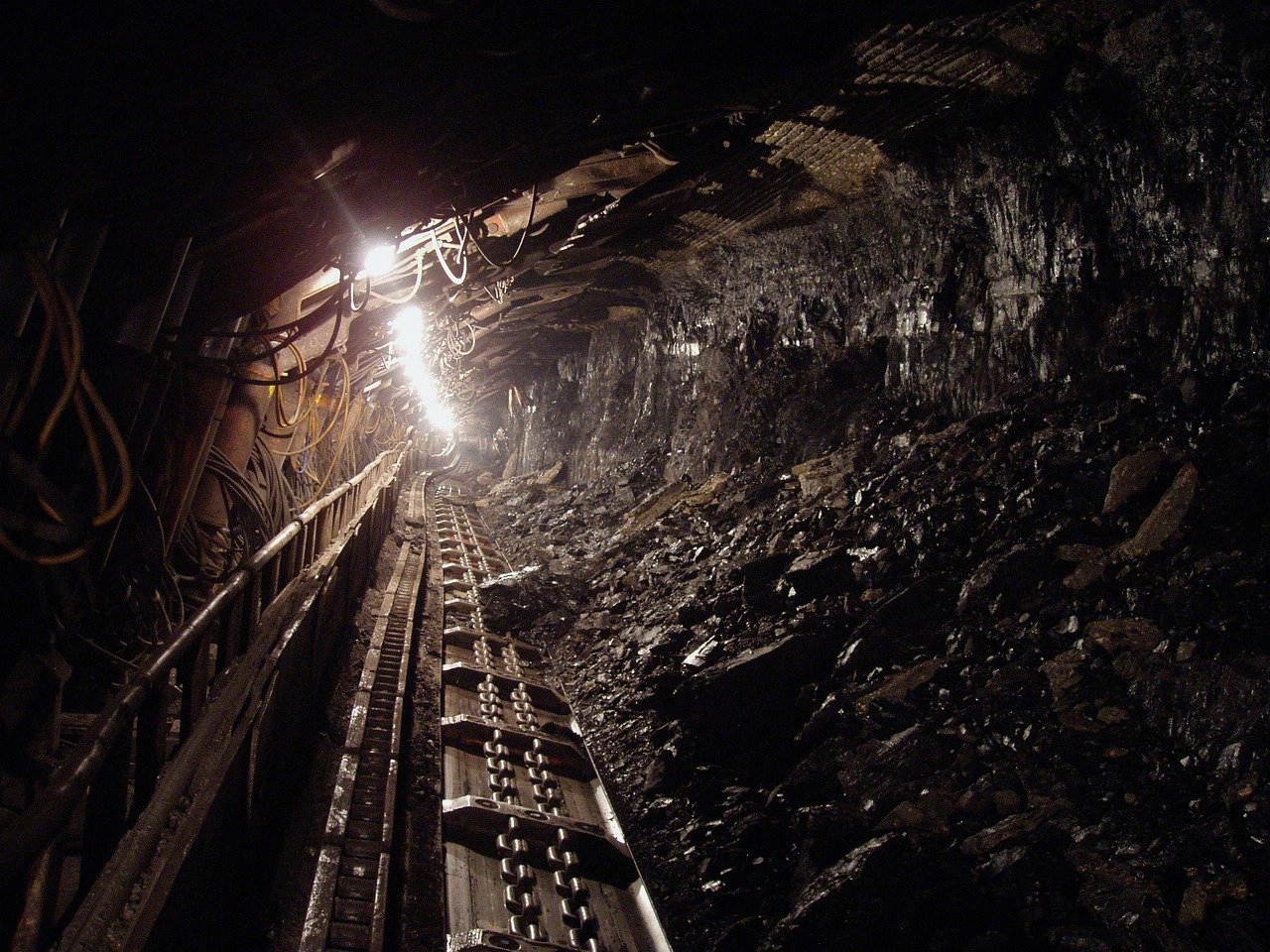Lawyers acting on behalf of environmental campaigners have written to Housing Secretary Robert Jenrick arguing a proposed new coal mine in Cumbria would blow a hole in the UK’s recently announced Sixth Carbon Budget, and a decision on the project should be made at the national level.
The government’s refusal to “‘call in”’ the planning application for the first new deep coal mine in the UK for 30 years, which would have led to a public inquiry, has caused widespread outrage.
South Lakes Action on Climate Change (SLACC), a Cumbrian charity, is urging Jenrick to reconsider his decision not to block the development of a new coal mine in Cumbria, which risks undermining the UK’s image as a climate leader ahead of the COP26 UN summit.
Jenrick has the authority to override local planning authorities, but has refused a request to do so.
Richard Buxton Solicitors have sent a letter to the Ministry of Housing, Communities and Local Government (MHCLG) on behalf of SLACC “respectfully requesting” that Jenrick reconsider his decision not to review the Whitehaven coal mine after the government’s Committee on Climate Change released its Sixth Carbon Budget last month.
The Whitehaven coal mine would emit 3.7 times more carbon dioxide per year than the “available emission space” set out in the Sixth Carbon Budget. From 2026, only 100,000 tonnes of greenhouse gas emissions are available for the operation of all UK coal mines, while the annual operational emissions from the Cumbrian mine are expected to total over 366,000 tonnes.
The letter also notes estimates from the government’s climate advisers suggesting coal use in steel-making will decrease significantly in the coming decades, conflicting with figures Cumbria County Council used to approve the project.
Of more than local significance
Mike Berners-Lee, Professor in Practice at Lancaster University’s Environment Centre, said: “This mine would release nine million tonnes of greenhouse gases every year until 2050 from the use of coal. It is incredible that Robert Jenrick has claimed this is only of local significance when even emissions from operating the mine would exceed the pathway the government’s own advisors say is necessary to meet the UK’s legally binding carbon budgets.”
Maggie Mason, one of the lead campaigners at SLACC, told DeSmog: “Cumbria County Council has not issued its Decision Notice yet, so it is still possible to ask Robert Jenrick to reconsider his decision, and call in the planning application for the mine. New information about how the mine would breach the targets in the Sixth Carbon Budget has been sent to him. He needs to admit that the mine now affects matters of national and indeed international importance.”
Dr Ruth Balogh of West Cumbria & North Lakes Friends of the Earth said: “It’s astonishing and desperately disappointing that the government isn’t calling in this damaging coal mine. West Cumbia badly needs local jobs – but these should be generated by investing in clean energy and building a greener future, not industries that threaten the planet. The region has already experienced the effects of the climate crisis from recent flooding.”
An MHCLG spokesperson told DeSmog: “Planning decisions should be made at a local level wherever possible. This application has not been called-in and is a matter for Cumbria County Council to decide.”
The Committee on Climate Change declined to comment.
Subscribe to our newsletter
Stay up to date with DeSmog news and alerts






